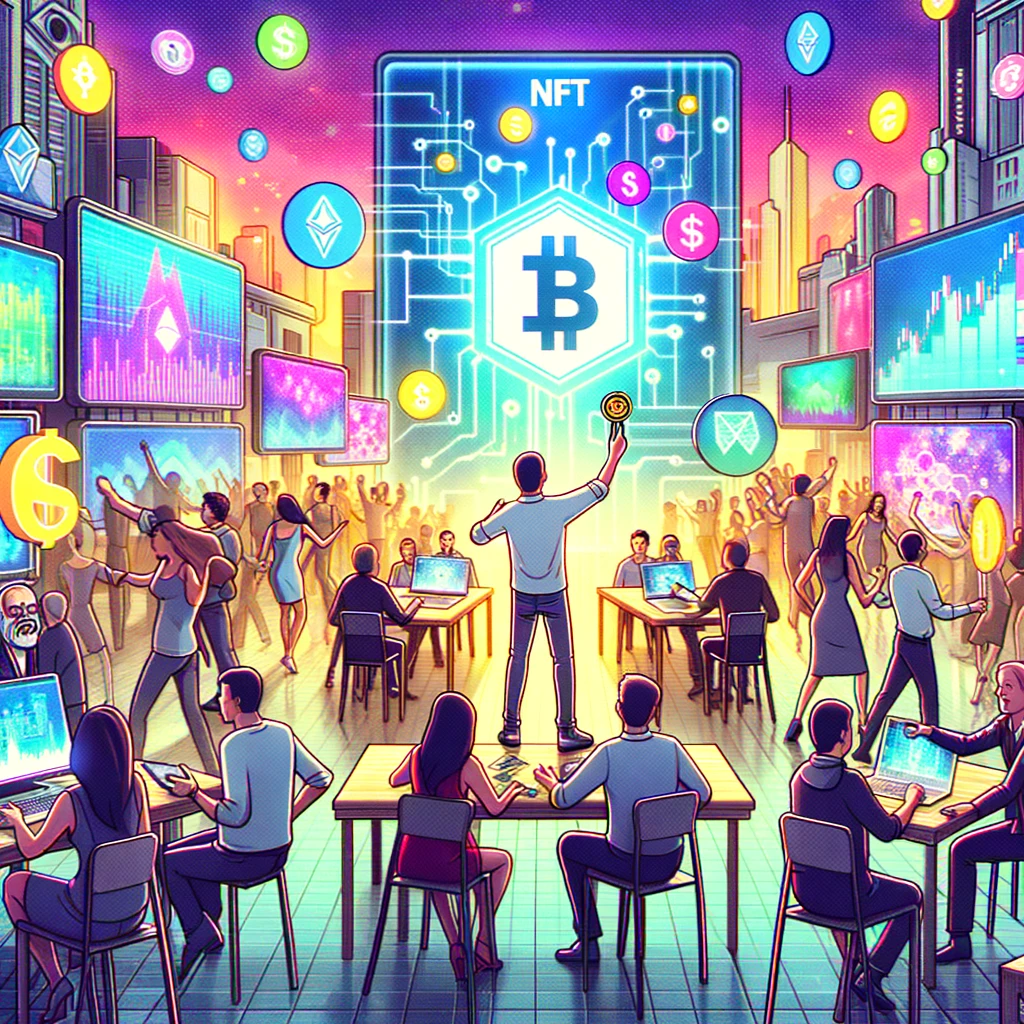The future of NFTs is bright, with many experts predicting that they will become increasingly mainstream in the coming years. This growth will be driven by a number of factors, including the adoption of NFTs by traditional industries, the continued growth of the gaming industry, and the increasing use of NFTs for identity verification and digital rights management.
Latest Trends in the NFT Space
The gaming industry is another major driver of NFT growth. NFTs are increasingly being used in games to represent unique items, such as weapons, skins, and characters. This trend is likely to continue, as NFTs offer a way for gamers to own and trade digital assets that have real value.
In addition to the gaming industry, NFTs are also being used for identity verification and digital rights management. NFTs can be used to create secure digital identities that can be used to access a variety of online services. NFTs can also be used to protect digital rights, such as the right to use a particular piece of content.
Growing Pains: Challenges with NFTs
While the future of NFTs is bright, there are also some challenges that need to be addressed. One of the biggest challenges is the environmental impact of NFTs. NFTs are created on the blockchain, which is a decentralized network that requires a significant amount of energy to operate. This has led to concerns about the environmental impact of NFTs.
Another challenge facing the NFT space is the lack of regulation. NFTs are not currently regulated by any government or financial institution, which can make them a risky investment. There is a growing need for regulation in the NFT space to protect investors and ensure that NFTs are used in a responsible manner.
Despite these challenges, the future of NFTs is bright. NFTs are a new and innovative technology that has the potential to revolutionize the way we own and trade digital assets. As the NFT space matures, these challenges will be addressed, and NFTs will become increasingly mainstream.



